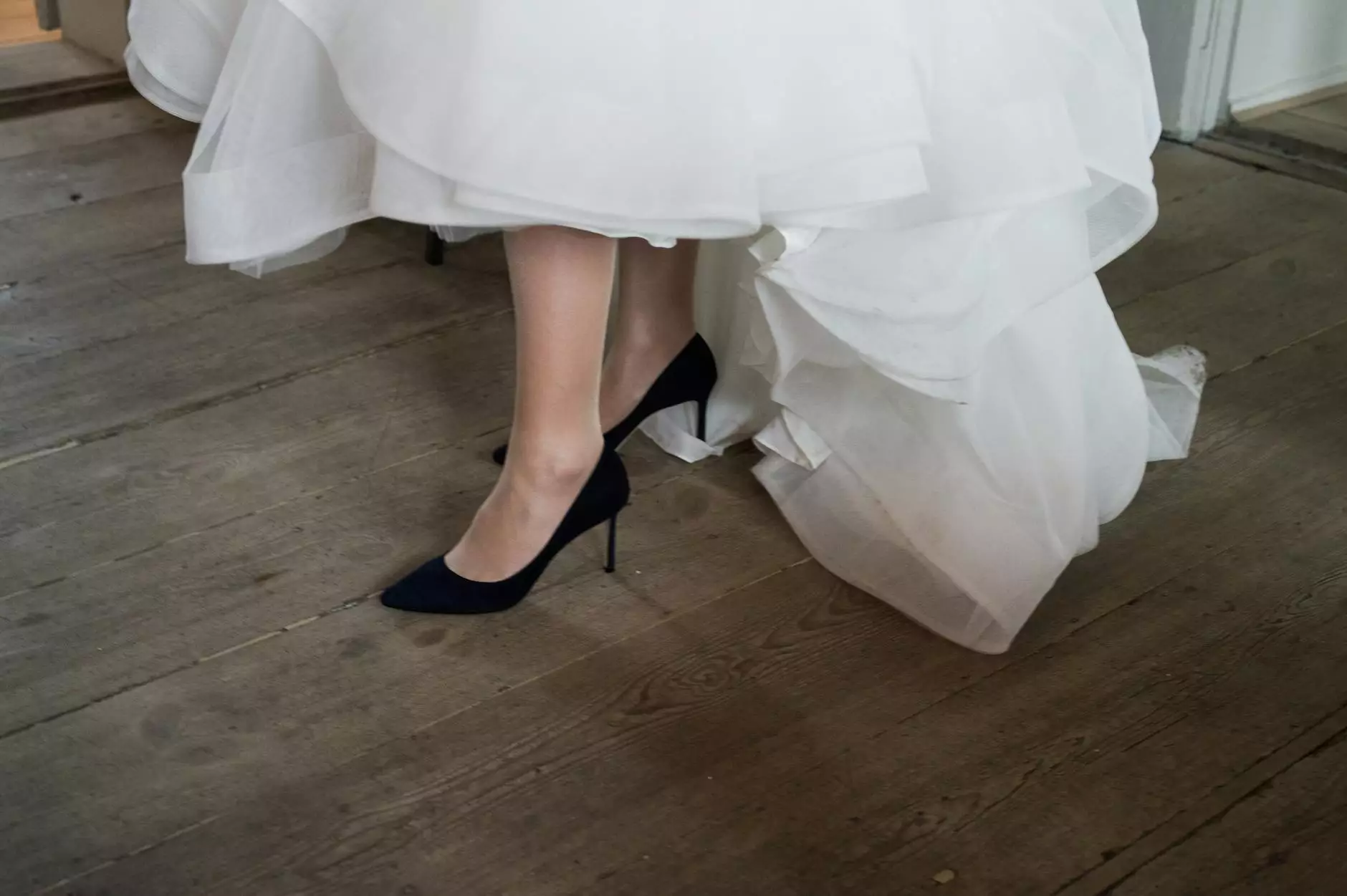Shoes to Prevent Ingrown Toenails: The Ultimate Guide for Foot Health

Ingrown toenails can be a painful and frustrating condition that affects many individuals. One effective way to prevent ingrown toenails is by selecting the right footwear. This article aims to provide a comprehensive guide on shoes to prevent ingrown toenails, discussing their features, benefits, and expert recommendations. By making informed decisions about your footwear, you can enhance your overall foot health and avoid the discomfort associated with ingrown toenails.
Understanding Ingrown Toenails
Before diving into the solutions, it's crucial to understand what ingrown toenails are. An ingrown toenail occurs when the edge of the toenail grows into the surrounding skin. This condition can lead to:
- Redness
- Swelling
- Pain
- Infection
Several factors contribute to the development of ingrown toenails, including:
- Poor nail trimming techniques
- Wearing tight or ill-fitting shoes
- Genetic predisposition
- Foot trauma
The Role of Footwear in Preventing Ingrown Toenails
The right pair of shoes can play a pivotal role in preventing the occurrence of ingrown toenails. When shoes are too tight, they can exert pressure on the toes, pushing the nail into the skin. Therefore, selecting shoes that provide ample space and support is essential. Here are some critical aspects to consider:
Proper Fit
Fit is the most crucial factor when selecting footwear. Well-fitted shoes should have:
- Enough room in the toe box to allow for natural movement
- Comfortable width, accommodating any foot swelling
- A snug fit around the heel, preventing excessive foot slippage
Arch Support
Good arch support can minimize pressure on the toes and contribute to comfortable walking. Shoes designed with built-in arch support can help maintain the foot's natural alignment, reducing the risk of ingrown toenails.
Cushioning
High-quality cushioning helps absorb shock and reduces stress on the toes. Shoes with adequate cushioning not only enhance comfort but also support healthy foot biomechanics.
Features of Shoes That Help Prevent Ingrown Toenails
When searching for the perfect pair of shoes to prevent ingrown toenails, look for the following features:
Wide Toe Box
Choosing shoes with a wider toe box allows for free movement of the toes, preventing excessive friction and pressure on the nails. Some recommended shoe types include:
- Running shoes
- Open-toed sandals
- Loafers with ample toe space
Adjustable Straps
Footwear with adjustable straps provides flexibility and customizability, allowing you to modify the fit throughout the day. This feature is especially useful for individuals whose foot size can fluctuate.
Lightweight Materials
Lightweight shoes can reduce the overall stress on your feet. Materials like mesh and breathable fabrics often create a more comfortable walking experience.
Recommended Types of Shoes for Ingrown Toenail Prevention
Here are some recommended types of shoes that are beneficial for preventing ingrown toenails:
1. Athletic Shoes
Athletic shoes are designed with comfort and support in mind. When choosing athletic shoes, ensure they:
- Offer a wide toe box
- Provide excellent arch support
- Have sufficient cushioning for impact absorption
2. Sandals
Open-toed sandals allow your toes to breathe and can significantly reduce the risk of developing ingrown toenails. Prioritize sandals that have:
- Adjustable straps for a customized fit
- A supportive footbed to enhance comfort
3. Custom Orthotic Footwear
For individuals with specific foot conditions, custom orthotic shoes can provide tailored support and comfort. Consulting with a podiatrist can help you find the right orthotics for your needs.
How to Maintain Healthy Feet
In addition to wearing suitable shoes, maintaining overall foot health is crucial in preventing ingrown toenails:
Regular Nail Care
Trimming your toenails properly is essential. Always cut your nails straight across and avoid rounded edges to minimize the risk of ingrown toenails.
Hygiene Practices
Keep your feet clean and dry, as moisture can increase the likelihood of infections. Use antifungal powder or sprays if necessary to keep your feet dry.
Monitor Foot Health
Regularly check your feet for any signs of abnormalities, such as redness or swelling. Early detection can lead to timely intervention.
The Impact of Professional Foot Care
Consulting with a podiatrist can provide invaluable insights into your foot health. These professionals can recommend suitable footwear, provide custom orthotic solutions, and offer expert advice on foot care:
- Assessment of foot structure
- Identification of risk factors
- Personalized shoe recommendations
Conclusion: Prioritize Your Foot Health
Choosing the right shoes to prevent ingrown toenails is an essential step towards maintaining healthy feet. It's important to select footwear that provides a proper fit, ample toe space, and adequate support. By understanding the features that contribute to healthy footwear and implementing good nail care and hygiene practices, you can significantly reduce your risk of developing ingrown toenails. If in doubt, always consult with a professional podiatrist to tailor your foot care routine to your individual needs.
About The Foot Practice
For further insights into foot health and professional podiatry services, visit The Foot Practice. Our team of experts is dedicated to helping you achieve optimal foot health and comfort.



